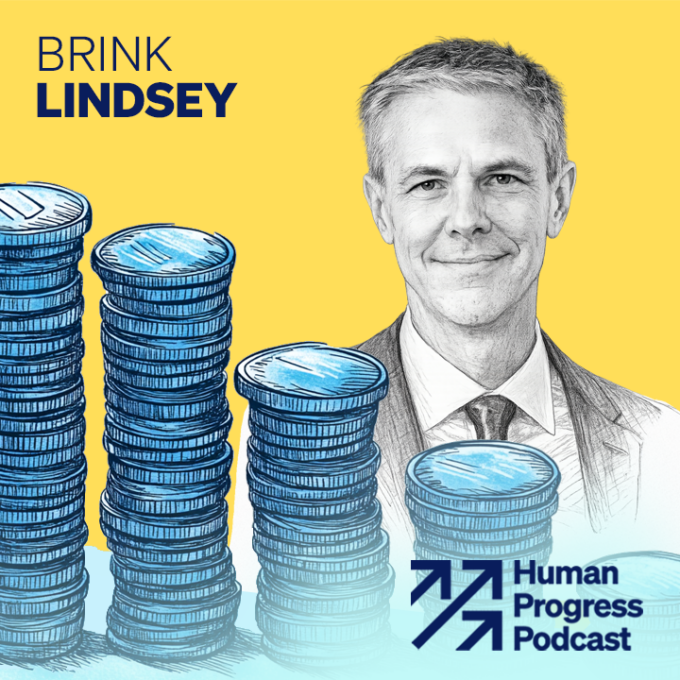“Moldova, like many post-Soviet nations, inherited a system heavily reliant on institutional child care. Prior to 2000, the country had over 17,000 children living in orphanages. Known in the country as residential institutions, they generally had austere conditions and provided a basic level of care and education…
But over the past two decades, the Moldovan government has been dismantling this legacy of institutional care, working with non-profits and UNICEF to prevent family separation and reform the child care system. Closing orphanages has given way to building new social support systems for disadvantaged families and single mothers, with the goal of keeping children with their birth families whenever possible. Introducing inclusive education for children with special needs has also been key, destigmatizing what it means to have a child with a disability. Developing a network of compassionate foster families has been at the heart of this shift.
The launch in 2007 of Moldova’s National Strategy to reform its residential childcare system aimed to deinstitutionalize 50 percent of children housed in orphanages as the country began focusing on raising social standards to align with the rest of Europe, all in preparation for EU membership, which it is still negotiating. Today, only around 700 children remain in Moldova’s orphanages. By 2027, the goal is to have none.”
From Reasons to be Cheerful.




